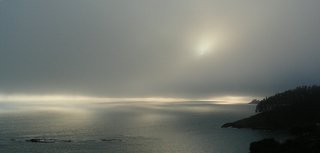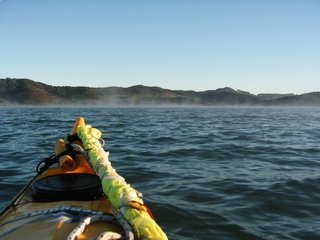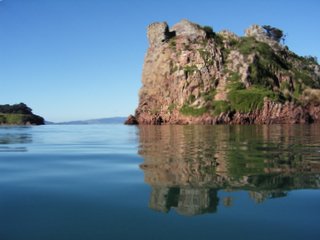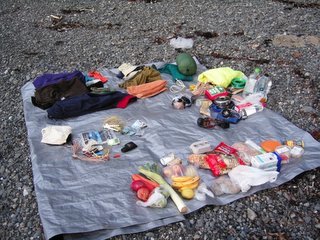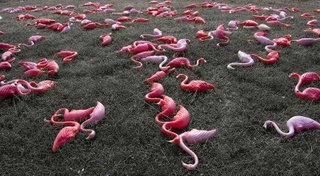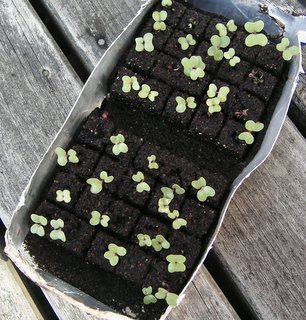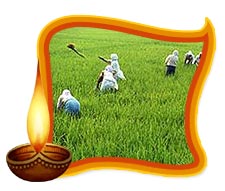 I listened to the full 45 minute audio of this one night while camping on the beach during my kayak journey around Waiheke. This is near the end of the interview, which covers a lot of climate change and peak oil issues from a well-researched scientist who has turned his energy to localisation projects in Willits California. Which also happens to be the home of John Jeavons of bio growintensive.
I listened to the full 45 minute audio of this one night while camping on the beach during my kayak journey around Waiheke. This is near the end of the interview, which covers a lot of climate change and peak oil issues from a well-researched scientist who has turned his energy to localisation projects in Willits California. Which also happens to be the home of John Jeavons of bio growintensive.
Global Public Media: Tell me your vision for Willits 2020. Jason Bradford: Yes, 2020 vision for Willits. These are my hopes and dreams. I'm going to start with food. We have about forty community-supported farms out in the valley. These farms employ so many people, they're working at these farms and they're good jobs, dependable jobs, I mean everyone needs food. Job security is there. They are also the sort of jobs that put people in touch with the rhythms of nature, the natural cycles. They're interesting jobs because we're not growing mono-crop agriculture. We've got all the grains, we're growing rye and wheat and barley and oats and winter beans and all the different vegetables you can imagine. And so learning about this, getting in touch with these wonderful creatures, raising chickens, I mean the animals are just so interesting.
That I think is the basis. And imagine how interesting it is for kids to be raised in an environment where they see where their food comes from, you have harvest festivals. The kids may be out at school during the time when there's planting or harvesting and the community comes to gather around that.
And then you have the local manufacturing that supports all this. So again the young people, maybe the middle age folks who have lost their jobs if the manufacturing base has been eroded here, they are so needed. We say share your knowledge. Or even the older folks here who remember what life was like before the big roads came in. How did you guys live here? How did you get along? What sort of community events went on? There's a whole culture, there was a loss essentially related to the rhythms of life surrounding harvest and planting and preserving and the changing of the seasons, and people having to interact with each other to get what they need.
Right now you can be on the Internet and you can say ship me the food, ship me my clothes, ship me my entertainment. I don't need anybody. That sense of isolation both from other people in your community and from the nature that sustains you is just appalling, and you wonder why kids don't know what their place is in this world. You wonder why adults have depression problems, obesity problems and all kinds of problems with over consumption and materialism, they're trying to find some pleasure in life.
My vision of the future is that that's not an issue. Life itself and the way we live it is something that is so satisfying, so that's what we can do.
Go here for full transcript
And here for Audio and video of this


